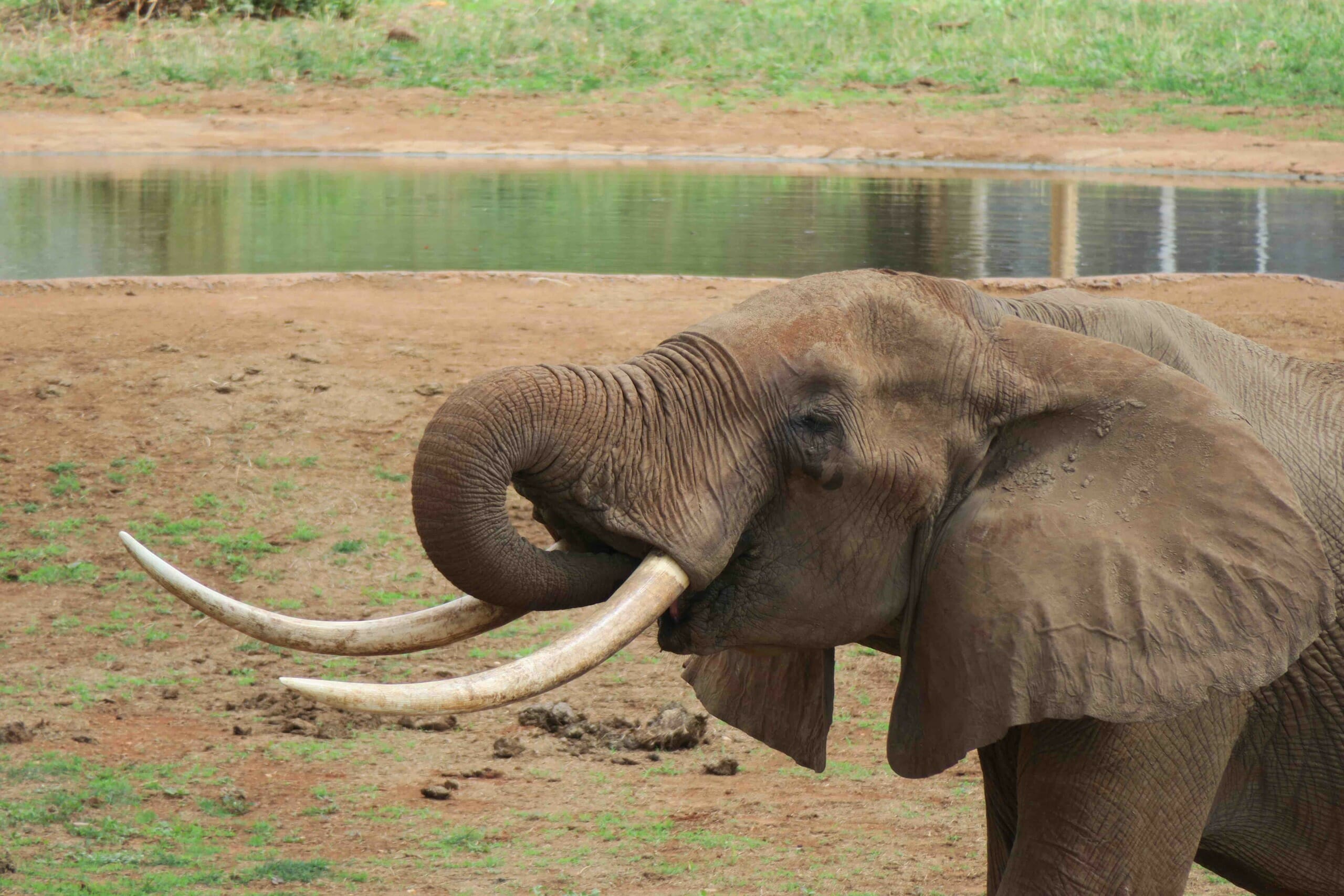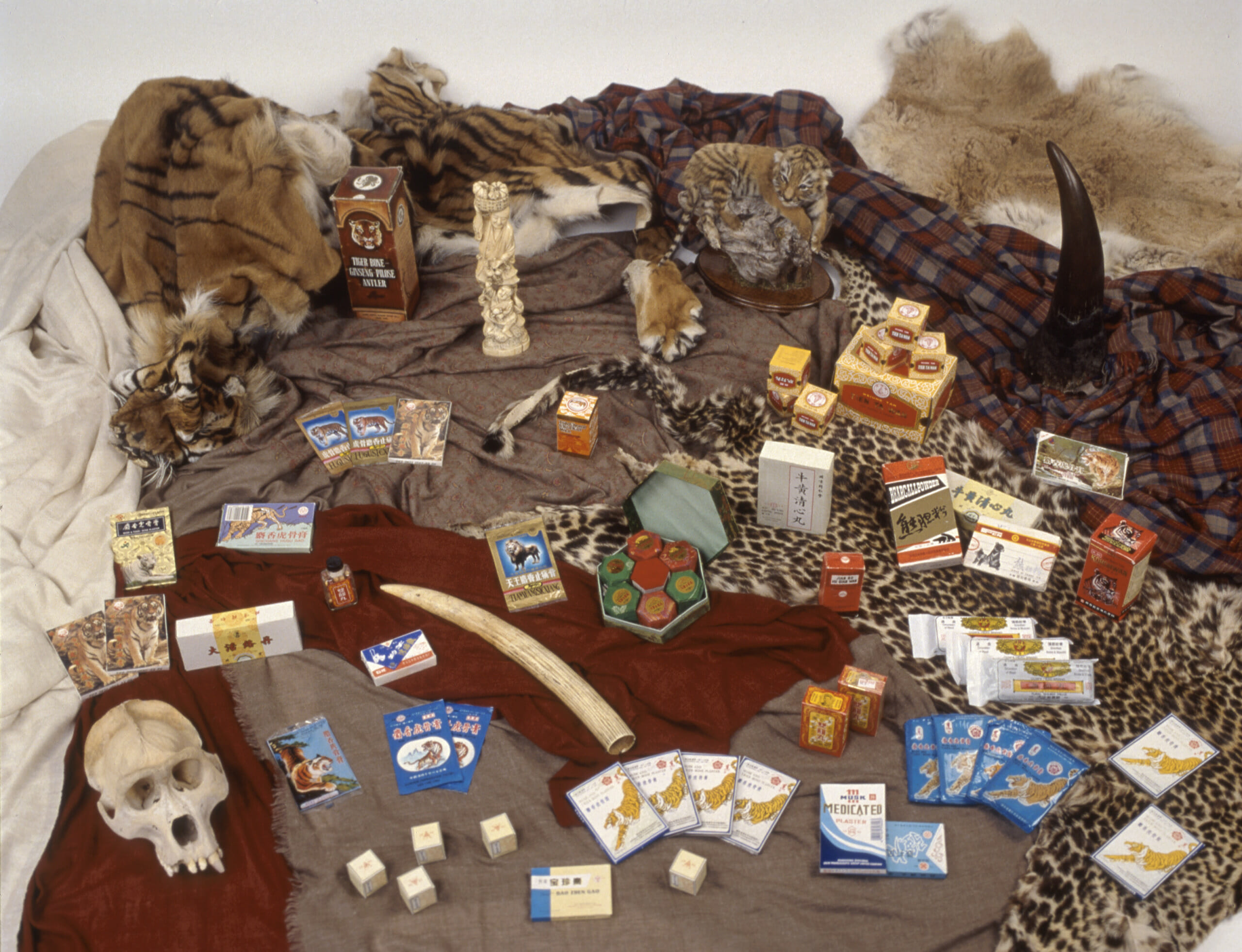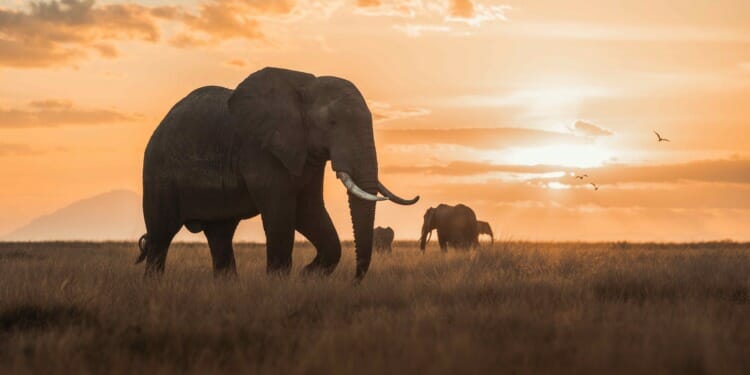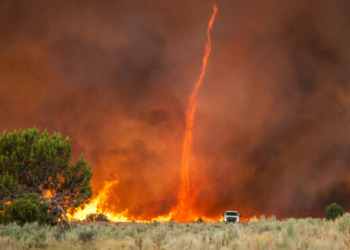In the illicit and high-stakes world of wildlife crime, where so many animal species are hunted, poached, and illegally traded, Senior Crime Analysts like Jacquiline “Jackie” Bubi are a critical force in building forensic, evidence-based cases against those committing these serious offenses.

Initially trained as a cadet for the Kenya Wildlife Service (KWS) in Nairobi, Jackie would go on to assume the role of assistant warden, receiving paramilitary training that would eventually equip her to take up the role of a wildlife law enforcement officer in Kenya.
Ensuring wildlife security, combatting wildlife crime and mitigating human-wildlife conflict in national parks and reserves would become key focal points of her work. The skills she learned in the field would be critical in her current role as wildlife crime analyst for the International Fund for Animal Welfare (IFAW).
Jackie works in the field to collect various forms of data and information related to wildlife crime such as suspicious activities and wildlife seizures. At times this data highlights individual suspects that have been previously flagged, though more often than not, as Jackie explains, these same people are part of much larger networks engaged in wildlife trafficking.
Using her skills to build extensive profiles of criminals engaged in wildlife crime, Jackie produces strategic and operational reports that not only inform our wildlife conservation partners, but also give authorities the evidence needed to pursue criminal syndicates and potentially lead to prosecution. This data evidence can range anywhere from personal profiles, mobile forensics, social media activity, GPS tracking data, or even occasional DNA forensics.
Asked why she chose to pursue this particular role, Jackie admits that she wanted to focus on fighting wildlife crime in the East Africa region. She feels an exceptionally strong tie to her native Kenya and to its rich animal species that are renowned throughout the world.

Kenya is home to several iconic species, some of which continue to be under threat like the African elephant, black rhinos, wild cats such as cheetahs, and now in the recent past, pangolins. Protecting these animals is important as tourism plays a large economic role in Kenya and in other parts of East Africa. And of course, wildlife plays a key role in maintaining the balance in the ecosystem to ensure landscapes and the animals and people that inhabit them can thrive.
In 2020, Jackie would take on her current role as a Senior Wildlife Crime Analyst based in Nairobi, where her focus is on building capacity of people working on wildlife crime. This includes other intelligence analysts from both IFAW and other partner organizations, as well as Customs, police and immigration officers across the East Africa region.
Related Articles: From Wildlife Trafficking Rehab to Bushfires – an Australian Vet Nurse’s Story | Women in Conservation — Azzedine Downes Shares His Views
“I really enjoy my work. It is very unpredictable and varied. What is a challenge, is taking something that has become second nature to me, and passing it onto others. It is critical to pass this knowledge and skillset to others, to broaden our outreach and ensure those around us have the capabilities necessary to be effective against the constant threat of wildlife crime.”
Jackie has numerous successes under her belt with regard to her pursuits against wildlife crime and its perpetrators. Her contribution has led to the identification, apprehension and prosecution of various wildlife crime syndicates in East Africa and beyond, given that wildlife crime is categorized as organized crime with no boundaries globally.

Asked about her greatest inspiration, Jackie is quick to answer. “My biggest inspiration is all around me. It’s the wildlife that surrounds us. It is my job to protect it, but it is our responsibility as humans to protect it for generations to come.”
Editor’s Note: The opinions expressed here by Impakter.com columnists are their own, not those of Impakter.com. — In the Featured Photo: Elephants in Kenya. Featured Photo Credit: IFAW.











